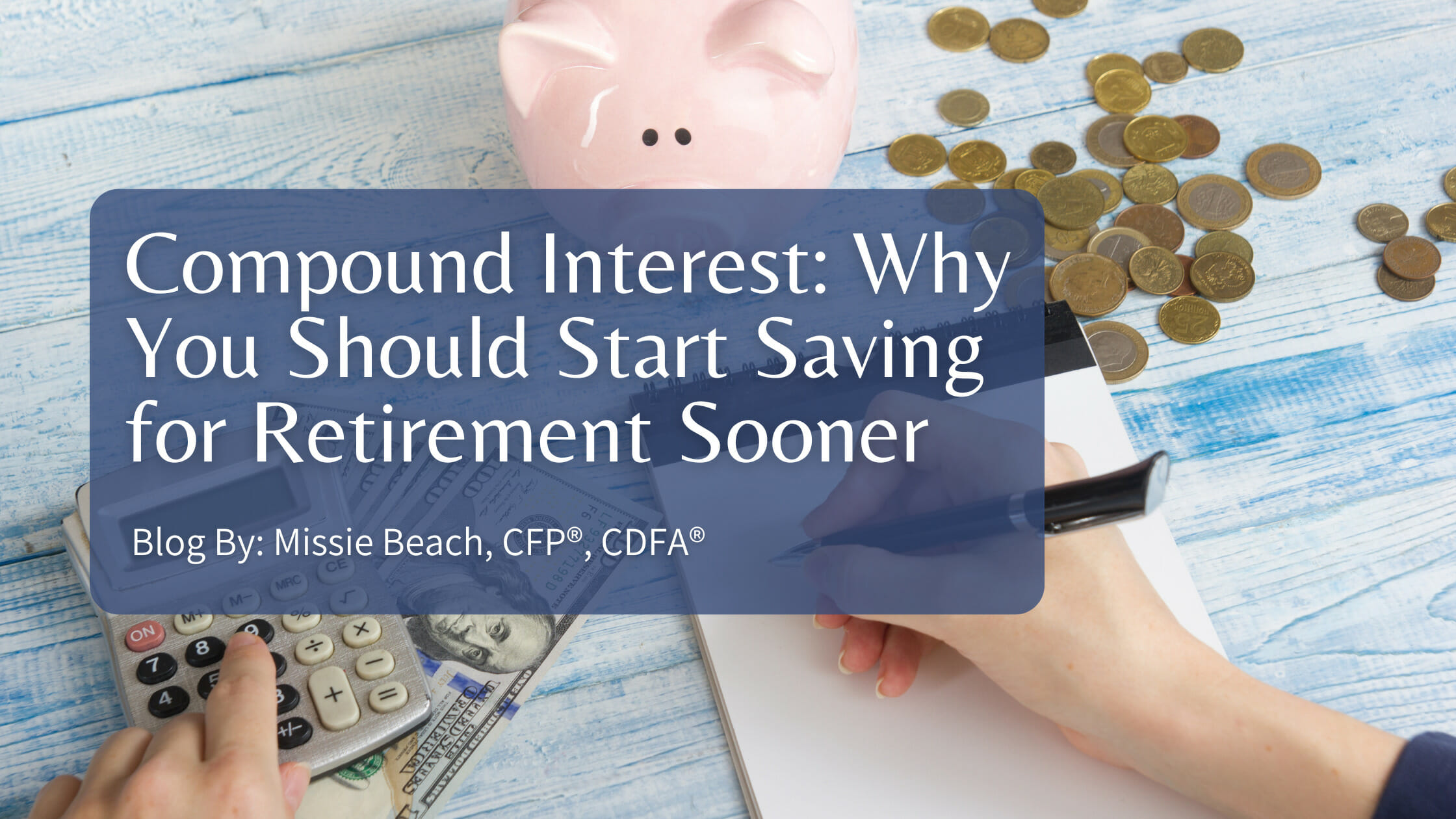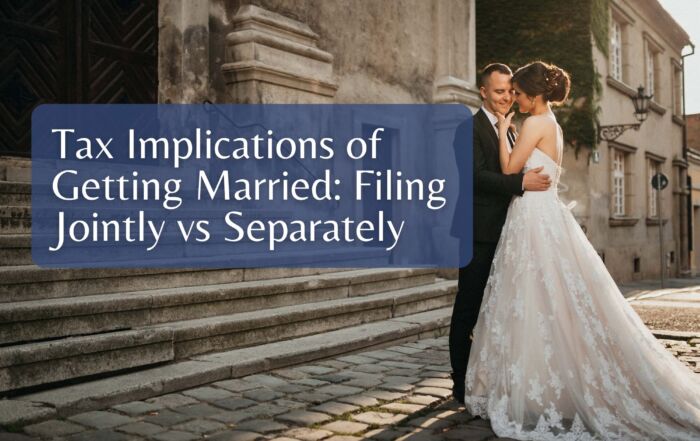Compound Interest: Why You Should Start Saving for Retirement Sooner

Most children’s first words after “Mama” and “Dada” tend to be things like “ball” or “more,” however as the children of a financially (perhaps overly) focused mother, my children’s next words were “compound interest.” No joke. I would ask them, “Why do we save money?” And they would gleefully babble back, “Compound interest!” I can readily admit at age 2, they had no concept of what they were saying, but at least the term was part of their vocabulary.
Start With What You Have
Fast forward to preschool and early elementary years when grandparents and aunts and uncles would send birthday, Valentine’s, and Halloween cards with a $5 or $10 bill stuffed inside. Not unlike most children in our circles, my kids already had more toys and books than they knew what to do with. Instead of wastefully making another Target run to just buy something, I would take them into the bank, help them fill out a deposit slip, and deposit it to their savings account. The amounts of these deposits grew as they grew older. Dog walking gigs, babysitting, teaching sports lessons, etc. all generated revenue above and beyond what they “needed” to spend. They saw the interest being generated every month, thought it was “cool,” and now have a sizable amount for graduate school or a house down payment one day. Thank you, compound interest.
Hundreds Today, Thousands Tomorrow
Now that they are in high school and college, they have “real” W-2 jobs during the summer. Do you know what that means? Time to open a Roth IRA! I asked my youngest son if he wanted to open a Roth and he told me to do whatever I thought he needed to do. I explained to him that I wasn’t just going to do it, he needed to understand the “why” behind it. Since we were driving, I told him to pick up my phone and open the financial calculator app. We decided that he could afford to invest $800 of his summer earnings in the new Roth IRA. I told him to enter $800 as the present value, 7% as the rate (assumed rate of return for stock market), and 48 for periods (65 {retirement age} – 17 {his current age} = 48 years for funds to grow) and then press future value. He was stunned to find out that his $800 could be worth over $20,000 at retirement! Now that is the value of compound interest.
Start Saving Immediately
We can’t rewind the years or rewrite history, but we can start immediately. If you wait until you’re five years away from retirement to begin crisis saving, compound interest isn’t on your side. We can do the math, but you’ll find that no matter how much you save each year, it doesn’t move the needle much. Start now by increasing your 401(k) savings and gradually max it out. Once you’ve achieved that goal, let’s talk about where to save those next dollars to maximize your own compound interest.
Have more questions? Contact Us
Missie Beach, CFP®, CDFA®
Senior Financial Advisor
Share This Story, Choose Your Platform!
Wiser Wealth Management, Inc (“Wiser Wealth”) is a registered investment adviser with the U.S. Securities and Exchange Commission (SEC). As a registered investment adviser, Wiser Wealth and its employees are subject to various rules, filings, and requirements. You can visit the SEC’s website here to obtain further information on our firm or investment adviser’s registration.
Wiser Wealth’s website provides general information regarding our business along with access to additional investment related information, various financial calculators, and external / third party links. Material presented on this website is believed to be from reliable sources and is meant for informational purposes only. Wiser Wealth does not endorse or accept responsibility for the content of any third-party website and is not affiliated with any third-party website or social media page. Wiser Wealth does not expressly or implicitly adopt or endorse any of the expressions, opinions or content posted by third party websites or on social media pages. While Wiser Wealth uses reasonable efforts to obtain information from sources it believes to be reliable, we make no representation that the information or opinions contained in our publications are accurate, reliable, or complete.
To the extent that you utilize any financial calculators or links in our website, you acknowledge and understand that the information provided to you should not be construed as personal investment advice from Wiser Wealth or any of its investment professionals. Advice provided by Wiser Wealth is given only within the context of our contractual agreement with the client. Wiser Wealth does not offer legal, accounting or tax advice. Consult your own attorney, accountant, and other professionals for these services.





